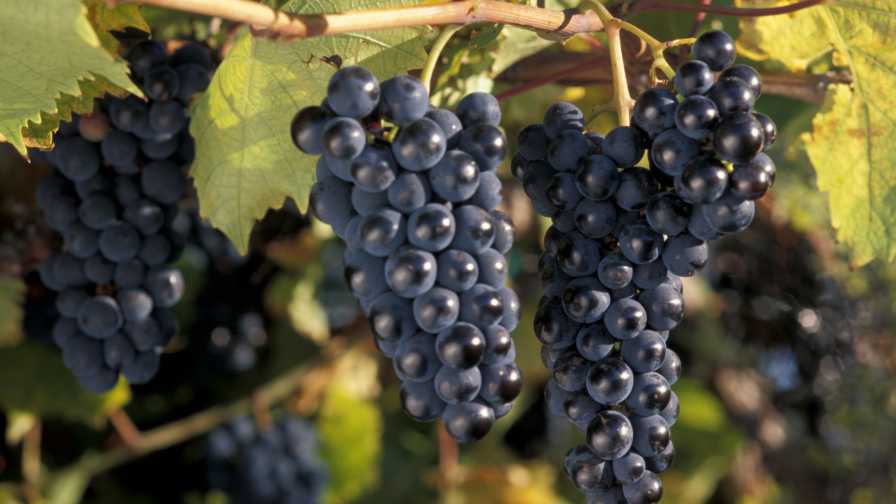Organic Growers in Turmoil (Opinion)

Organic growing is both flourishing and in turmoil. Although consumers are demanding — and getting — more organic produce options, growers are grappling with fundamental questions:
How, exactly, should organic growing be defined?
How can certification requirements ensure the sustainable philsophy behind organic growing is protected?
And is the local food movement supplanting the organic movement?
These aren’t minor issues. The resolutions to these debates will shape organic produce long into the future.
Let’s start with how we define organic growing. For most traditional organic farmers, the central tenet is healthy soil supports healthy plants. When the soil gets out of whack, the soil-is-central-to-organic-growing crowd says, there’s a rise in diseases and nutrient deficiencies, weakening the plant and making it more vulnerable to infestations.
But as researchers continue to develop hyrdoponics, those who want to produce organically are just as likely to focus on optimal conditions in the rhizosphere to gain optimal produce.
That difference is the nub of a high-stakes political battle involving how USDA defines organic produce. When the organic certification advisory board finally defines organics as being one or the other, there will be a lot of unhappy growers from one side of the debate or the other.
Then there is the local food movement. In many cases, consumer passion for local food is closely aligned with certified organic produce. In both cases, consumers want their food-buying power to improve lives.
After hearing media reports that claim agricultural runoff poisons water systems, or that blame pesticides for creating major health problems, consumers see organic produce as a way to counter both problems.
Locally grown food similarly taps into consumer desire to be an agent for positive societal change. If they buy more produce from their community’s farmers, they believe, then their local economy gets a boost. And they get an added bonus of being able to bring their children to visit local farms and gain a better understanding of how food arrives at the family’s home.
It All Boils Down to Consumer Demand
If you are enmeshed in a debate with other growers about what defines organic growing, you should take a step back and look at the bigger picture.
What makes organic, hydroponic, and/or local produce financially valuable is that consumers are demanding them.
Consumers are in the driver’s seat. If they think that buying locally grown produce is more important than buying certified organic produce, then the premium pricing for organics will wane while locally produced prices increase. Likewise, if consumers accept the concept that hydroponically grown produce can be organic, or even if they embrace the idea that hydroponically grown tomatoes and cucumbers can feed people anywhere, anytime, expect a surge in hydroponics pricing.
If you want your method of growing to dominate, then stop focusing on fellow growers and the government. Because the growing method that will reign supreme will be the one with the best consumer-facing marketing campaign.









